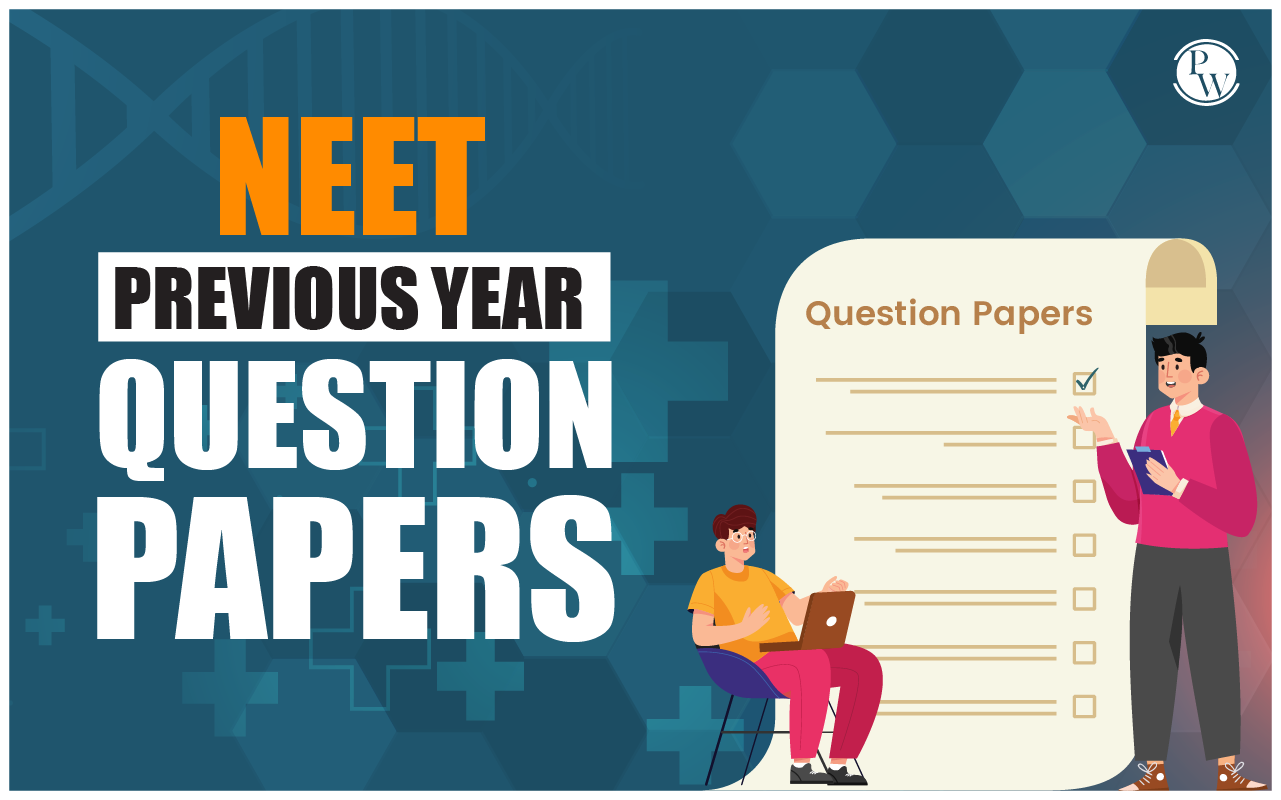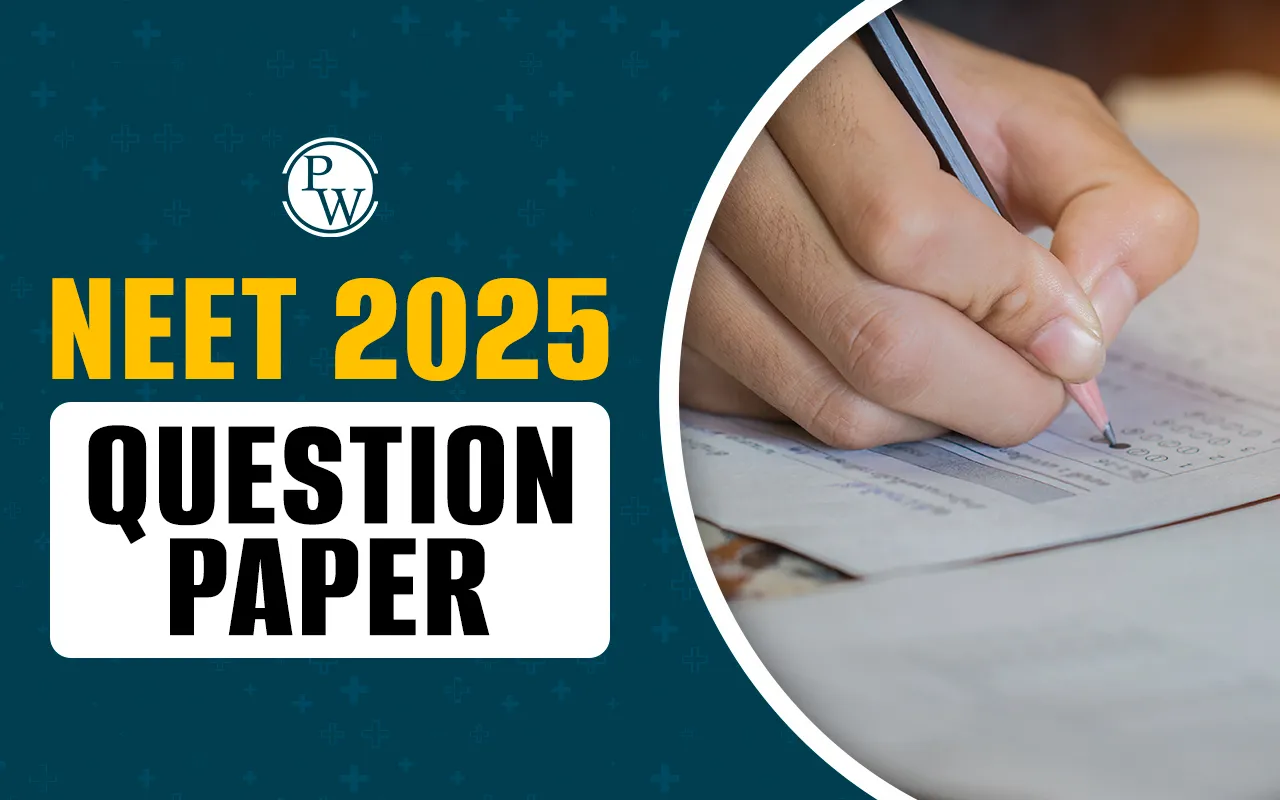
Depression , or major depressive disorder, is a common and serious health problem that can make you feel really bad, affect how you think, and change how you act. The good thing is it can be treated. Depression makes you feel sad and lose interest in things you used to enjoy. It can cause emotional and physical issues and make it hard to do well at work or home.
For a doctor to say you have depression, the sad and low feelings must last at least two weeks and be different from how you usually are. It's also important to check for other health problems that might look like depression, such as issues with your thyroid, a brain problem, or not having enough vitamins.
Depression happens to about one in 15 adults (6.7%) each year, and one in six people (16.6%) will go through it at some point. It can happen at any age, but usually starts in the late teens to mid-20s. More women than men get depressed. Research says about one-third of women will feel sad for a while in their life. If your close family, like parents, children, or siblings, had depression, there's a good chance you might have it too (about 40% chance).
Depression Definition
Depression is a mood disorder that makes someone feel consistently sad and lose interest in things they once enjoyed. It can also affect thinking, and memory, and disrupt eating and sleeping patterns. Feeling down during tough situations, like losing a job or experiencing a divorce, is normal. However, depression is distinct because it lingers nearly every day for at least two weeks and involves more than just feeling sad.
There are various types of mood disorders, and the most severe one is commonly known as "depression" or clinically as major depressive disorder. Without seeking help for depression, it can worsen and persist. In severe instances, it may lead to self-harm or thoughts of suicide. The encouraging news is that treatments can be highly effective in alleviating symptoms.
Read About: Diabetes
Depression and Anxiety
Depression and anxiety are different, but they often happen together. They also get similar treatments.
Feeling a bit down or stressed is normal sometimes. Everyone feels worried occasionally—it's a usual reaction to tough situations. But if you have strong and lasting feelings of depression and anxiety, it might mean there's an underlying mental health issue.
Anxiety can be a sign of clinical (major) depression. It's also common to have depression that comes from an anxiety disorder, like generalized anxiety, panic, or separation anxiety. Many people are diagnosed with both an anxiety disorder and clinical depression.
Usually, counseling (psychotherapy), medicines like antidepressants, or both can help improve symptoms of both conditions. Changing your lifestyle, like getting better sleep, having more friends, using stress-reducing methods, or exercising regularly, can also make a difference. If you have either condition, it's best to avoid alcohol, smoking, and recreational drugs. They can make both conditions worse and mess with the treatment.
Depression Symptoms and Signs
If just feeling sad isn't a good way to tell if someone's depressed, what should be considered? According to the American Psychiatric Association's guide (DSM-5), used by most mental health professionals, someone might have major depressive disorder (MDD) if they've experienced at least five of these symptoms most of the day, almost every day, for at least two weeks:
- Crying a lot or feeling empty and worthless
- Not enjoying things they used to like work, hobbies, or being with friends and family
- Big changes in appetite or weight that aren't because of a diet
- Feeling tired or blah for no clear reason
- Trouble focusing or making decisions
- Being restless and fidgety or, on the flip side, moving and talking slower than usual
- Not being able to sleep or sleeping too much
- Thinking a lot about suicide or death
Depression Causes
Depression can happen for different reasons, from biology to life situations. Below are a few causes of depression:
- Brain Chemistry: Some folks with depression might have a chemical imbalance in their brain, affecting mood, thoughts, sleep, appetite, and behavior.
- Hormone Levels: Changes in female hormones like estrogen and progesterone during times like the menstrual cycle, postpartum period, perimenopause, or menopause can up the chances of depression.
- Family History: If depression or other mood issues run in your family, you're more likely to deal with it.
- Early Childhood Trauma: Certain events in early life can change how your body handles fear and stress, possibly leading to depression.
- Brain Structure: The risk increases when your brain's frontal lobe is less active. But it's not clear if this happens before or after depression symptoms start.
- Medical Conditions: Some health issues like chronic illness, insomnia, chronic pain, Parkinson’s disease, stroke, heart attack, and cancer can increase the risk of depression.
- Substance Use: If you've had a history of using substances or alcohol, it can affect how likely you are to get depression.
- Pain: People dealing with long-term emotional or physical pain are much more likely to develop depression.
Depression Tests
Doctors diagnose depression through various methods:
- Physical examination: They perform a regular health check and inquire about overall well-being. Sometimes, depression is linked to other health issues.
- Lab tests: For instance, a blood test like a complete blood count or thyroid check helps ensure proper functioning.
- Psychiatric evaluation: Mental health professionals discuss symptoms, thoughts, feelings, and behavior patterns. Individuals may be asked to complete a questionnaire for additional insights.
- DSM-5: Mental health experts refer to the criteria for depression outlined in the Diagnostic and Statistical Manual of Mental Disorders (DSM-5), published by the American Psychiatric Association.
Depression Treatment
Depression is something that can be treated, and most people (about 80% to 90%) who get help see positive changes.
Here are ways to treat depression:
- Talking Therapy: Speak with a mental health professional to work on changing negative emotions, thoughts, and behaviors. Cognitive Behavioral Therapy (CBT) is a common type of talk therapy. Some people feel better after just a few sessions, while others continue longer.
- Medication: Antidepressants, prescribed by a doctor, can help fix the brain chemistry causing depression. Finding the right medication may take some time, and side effects usually improve. If not, talk to your healthcare provider about trying a different one.
- Other Treatments: Besides regular medicine, you can try additional treatments like acupuncture, massage, hypnosis, and biofeedback, especially if your depression is mild or ongoing.
- Brain Stimulation: For severe depression or depression with psychosis, therapies like electroconvulsive therapy (ECT), transcranial magnetic stimulation (TMS), and vagus nerve stimulation (VNS) can be helpful.
There are also things you can do at home to feel better:
- Exercise Regularly: Physical activity is good for your mood.
- Get Good Sleep: Make sure you get the right amount of sleep.
- Eat Well: A healthy diet can make a difference.
- Avoid Alcohol: It can make depression worse.
- Spend Time with Loved Ones: Being around people you care about can help.
Depression Prevention
There's no surefire way to stop depression. However, these things might help:
- Deal with stress, build strength, and feel better about yourself.
- Talk to your family and friends to get through rough times, especially tough times.
- Get help as soon as you notice a problem to stop depression from getting worse.
- Think about getting ongoing treatment to keep symptoms from coming back.
Depression FAQs
What are the 10 factors contributing to depression?
What are the 2 primary kinds of depression?
Can hormonal changes during pregnancy lead to anxiety and depression?
What marks the final stage of depression?
What is the initial step in overcoming depression?










